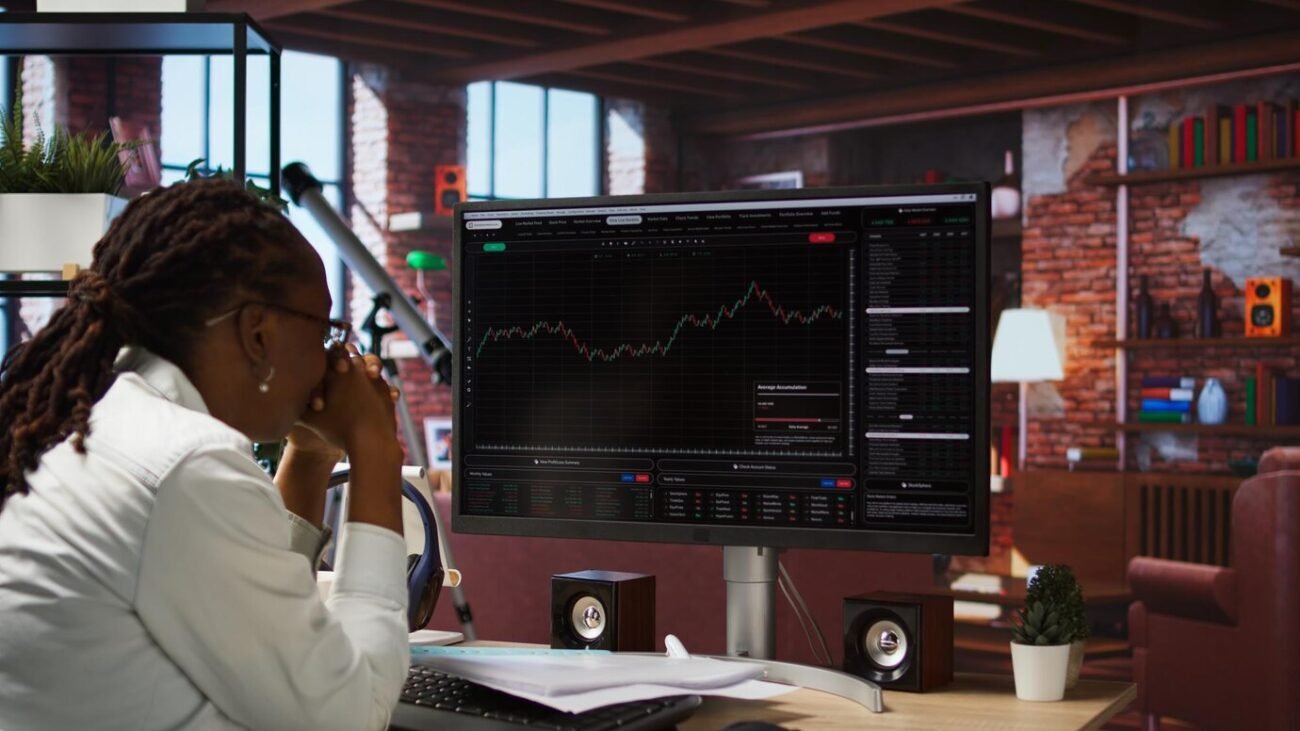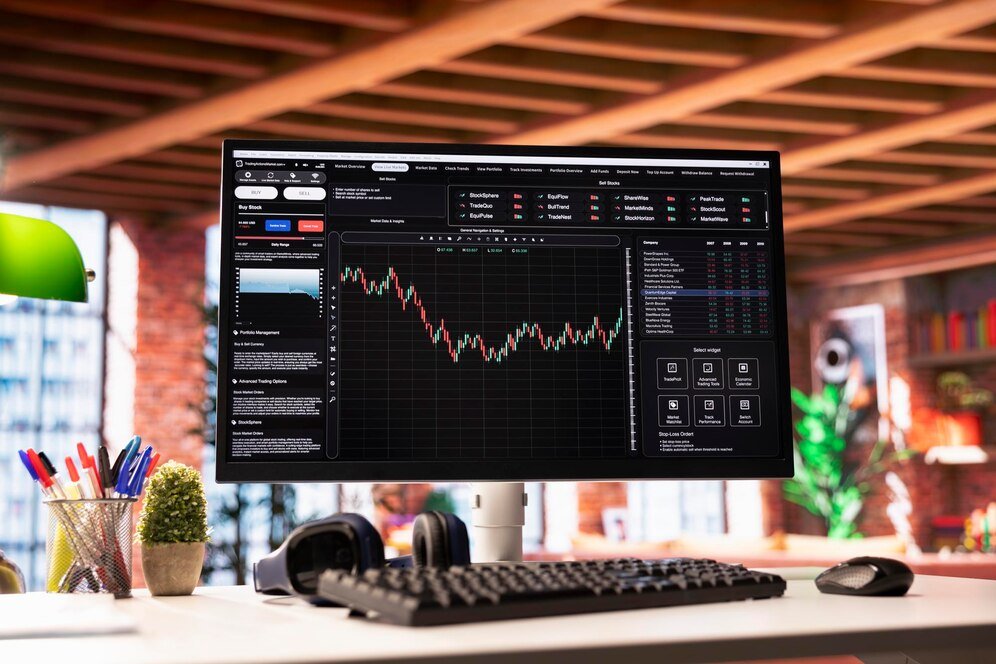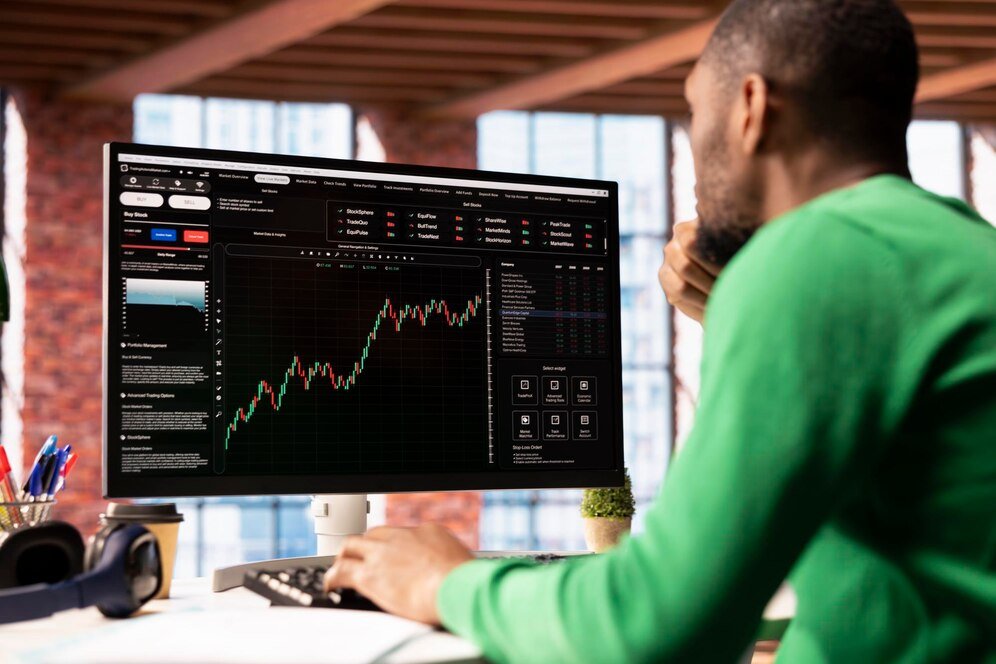Choosing the right cryptocurrency exchange is a critical decision for anyone looking to buy, sell, or trade digital assets. With a plethora of exchanges available, each offering various features and services, it’s essential to understand what to look for to ensure a secure and efficient trading experience. In this blog, we’ll explore the top features to consider when selecting a cryptocurrency exchange.
1. Security Measures
Security should be your top priority when choosing an exchange. Look for the following security features:
- Two-Factor Authentication (2FA): This adds an extra layer of protection by requiring a second form of verification, such as a code sent to your mobile device.
- Cold Storage: Ensure that the exchange keeps the majority of its assets in cold storage (offline) to reduce the risk of hacks.
- Insurance Coverage: Some exchanges offer insurance for funds stored on their platform, which can provide peace of mind in case of a security breach.
2. User Experience and Interface
A user-friendly interface can significantly enhance your trading experience. Consider the following:
- Intuitive Design: Look for an exchange with a clean, easy-to-navigate layout that caters to both beginners and experienced traders.
- Mobile Accessibility: Check if the exchange offers a mobile app or a responsive website for trading on the go.
- Educational Resources: A good exchange should provide tutorials, articles, or guides to help users understand how to trade effectively.
3. Liquidity
Liquidity refers to how easily you can buy or sell an asset without affecting its price. High liquidity is essential for:
- Quick Transactions: Higher liquidity means you can execute trades faster, which is crucial in the volatile cryptocurrency market.
- Better Pricing: A liquid market typically offers tighter spreads between buy and sell prices, ensuring you get better value for your trades.
4. Supported Cryptocurrencies
Different exchanges support different cryptocurrencies. When choosing an exchange, consider:
- Variety of Coins: Ensure the exchange offers a wide range of cryptocurrencies, including popular options like Bitcoin (BTC), Ethereum (ETH), and altcoins you may be interested in.
- Token Listings: Check if the exchange regularly adds new tokens, allowing you to explore emerging projects.
5. Fees and Charges
Understanding the fee structure is crucial to managing your trading costs. Look for:
- Trading Fees: Most exchanges charge a percentage of each trade. Compare fees across different platforms to find the most competitive rates.
- Deposit and Withdrawal Fees: Be aware of any fees associated with depositing or withdrawing funds, as these can add up over time.
- Hidden Fees: Read the fine print to ensure there are no surprise fees for certain transactions.
6. Customer Support
Good customer support can make a significant difference, especially for new traders. Look for:
- Responsive Support Channels: Check if the exchange offers multiple support channels, such as live chat, email, and phone support.
- Help Center: A comprehensive help center with FAQs and troubleshooting guides can be invaluable in addressing common issues.
7. Regulatory Compliance
Regulatory compliance is essential for the legitimacy and security of an exchange. Consider:
- Licensing: Ensure the exchange is licensed and regulated by relevant authorities in its operating jurisdiction.
- KYC and AML Policies: Check if the exchange follows Know Your Customer (KYC) and Anti-Money Laundering (AML) regulations, which can provide added security and legitimacy.
8. Trading Features
For more advanced traders, specific trading features can enhance the trading experience. Look for:
- Advanced Order Types: Features like limit orders, stop-loss orders, and margin trading can provide more control over your trades.
- Charting Tools: Access to advanced charting tools and technical indicators can help you make more informed trading decisions.
- API Access: If you’re a developer or want to use automated trading strategies, check if the exchange offers an API for programmatic access.
9. Community and Reputation
The reputation of an exchange can provide insights into its reliability and trustworthiness. Consider:
- User Reviews: Research user reviews and testimonials to gauge the experiences of other traders on the platform.
- Community Engagement: Look for exchanges that actively engage with their community through social media, forums, or events.
10. Withdrawal Limitations
Be aware of any withdrawal limitations that may affect your trading strategy. Consider:
- Daily Withdrawal Limits: Some exchanges impose daily limits on how much you can withdraw, which can be restrictive if you plan to move large amounts of cryptocurrency.
- Verification Requirements: Understand the verification process for withdrawals, as this can impact how quickly you can access your funds.
Conclusion
Choosing the right cryptocurrency exchange is crucial for successful trading. By considering the features outlined in this blog—security, user experience, liquidity, supported cryptocurrencies, fees, customer support, regulatory compliance, trading features, community reputation, and withdrawal limitations—you can make an informed decision that aligns with your trading goals.
As the cryptocurrency market continues to grow, staying informed and selecting a reliable exchange will help you navigate the exciting world of digital assets with confidence. Happy trading!













